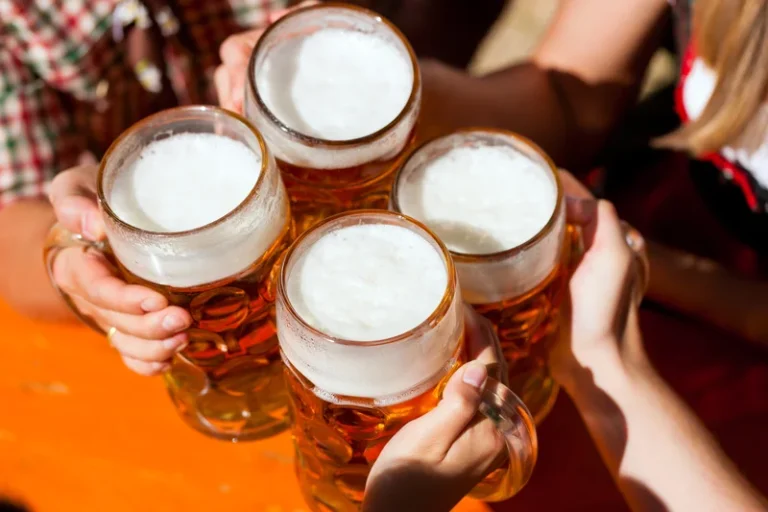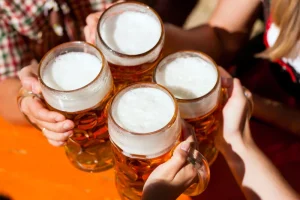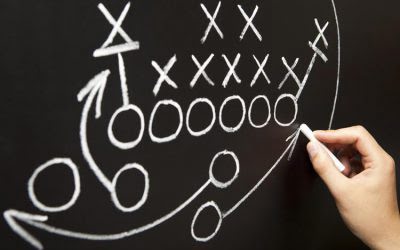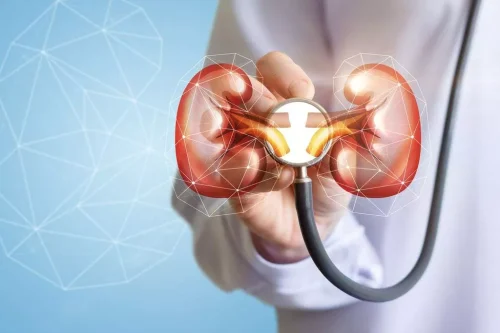
They’re cultivated over time through observations and external influences. Think about how often we see people in movies or on TV having a great time with a drink in their hand. These scenes stick with us, associating drinking with fun and friendship. They subtly reinforce our beliefs that alcohol equals good times and pleasure.
Other major factors
What would their experience be, if they were tricked into consuming alcohol? Plenty of previous research has found marked changes to behavior when people are drunk, with alterations like an increase in extraversion, and more risk-taking, particularly marked. But many of those studies were based on after-the-fact reporting by subjects or people who knew them. This time, Missouri researchers set out to objectively measure drunk behavior by giving groups of friends vodka-laced Sprite in lab conditions, setting them tasks, and having strangers observe the performance. As we have seen during the pandemic, alcohol is an often-utilized coping mechanism to help us manage these difficult emotions.
Your tolerance

Most people believe, as they drink more, they’ll continue to experience these positive effects but, since alcohol is a depressant, it slows down your central nervous system. Those initial positive feelings diminish over time as more alcohol is consumed. If you drink more, you won’t regain that “buzz” but will only exacerbate these negative effects.

Some Common Reasons We May Use Alcohol
- The impact on these areas of mental functioning could influence your behavior and personality, says McDonagh.
- These figures are approximate and can vary depending on individual factors.
- Frequent drinking can lead to long-term psychological effects such as depression, anxiety, and increased risk of developing alcohol dependence.
- Instead, they become more hostile when under the influence, ready to start a physical fight with anyone who provokes them.
- You might recognize some of these “types of drunks” in yourself or your friends or family.
- Other people are the opposite of cheerful when they consume excessive amounts of alcohol.
A person will enter the euphoric stage of intoxication after consuming 2 to 3 drinks as a man or 1 to 2 drinks as a woman, in an hour. Older people, people who have little experience drinking, females, and smaller people may have a lower tolerance to alcohol than others. Taking drugs before drinking and/or not eating can also increase the effects of alcohol on the body. As you drink, alcohol goes into your bloodstream and affects your brain and body functions. When you drink a lot, your body and brain functions slow down considerably.
Tips for Responsible Alcohol Consumption
- The important thing is that we understand our relationship with alcohol, realize where it may not be serving us, and make informed decisions about its presence in our lives.
- If you’re someone who drinks for fun, keep an eye on how much you’re drinking.
- To find a therapist, visit the Psychology Today Therapy Directory.
- Initially, alcohol can induce feelings of relaxation and euphoria.
- It might also be best for these individuals to avoid excessive drinking.
They can help determine whether further evaluation may be helpful and whether treatment may be needed. In the short term, you may experience emotions that impact your thoughts and behaviors such as euphoria, relaxation, anger, or sadness. Over time, your brain has to make changes to compensate for the effects of alcohol. The impact on these areas of mental functioning could influence your behavior and personality, says McDonagh.
How we reviewed this article:
Psychologist and addiction expert offers a much-needed reality check about the benefits of drinking alcohol as well as its much more tangible drawbacks. Efforts to bridge this knowledge gap have gained momentum over the past few years. As a generation that has grown up in a digital age where health information is more accessible than ever, Gen Z appears to be more aware of the adverse effects of alcohol compared to older generations. These people are very agreeable when sober, and they stay very agreeable when drunk. Their levels of conscientiousness and intellect also decrease little. Motivation is generally described as the force that drives us to pursue a goal.
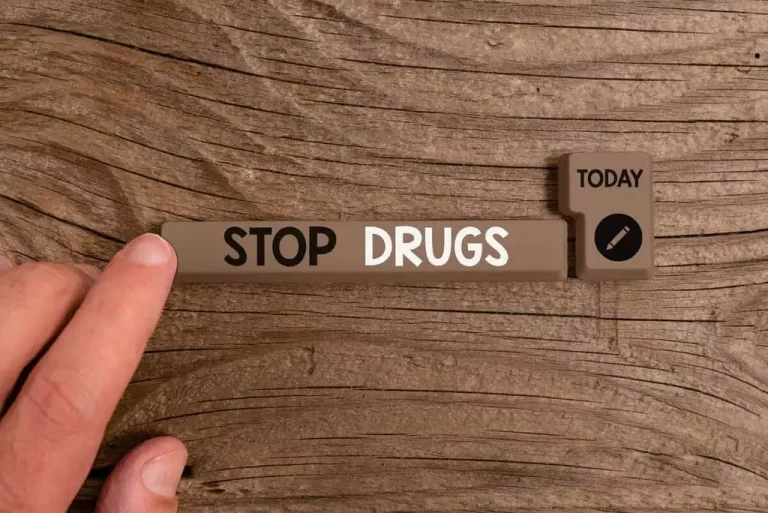
- At this stage, you will no longer respond to what’s happening around or to you.
- While it may be effective in the short term, drinking to cope with problems leads to worse long-term consequences.
- People with alcohol use disorder may not feel drunk at all, even when their BAC is very high.
- But in the three other areas studied—conscientiousness, openness, and agreeableness—the observers didn’t notice any difference.
Heavy drinkers are more impulsive than light drinkers and, consequently, use more alcohol. Let’s consider several factors that are likely to lead to an increased motivation to consume alcohol. ” Unlike heavy drinkers, people who rarely have more than a sip Sober living house of Chardonnay tend to feel sedate when they drink.
Dodging Discomfort: Alcohol as Escape
- For more detailed information on how alcohol makes you drunk, check out this article.
- There are numerous resources available, such as support groups, helplines, and counseling services, that can provide guidance and assistance.
- Originally developed to help treat alcohol dependence, the ideas described in the model led to a new understanding of what motivates people to drink.
- Finding suitable replacements for alcohol as a coping skill can be helpful even if abstinence is not our goal.
And while that first post-work margarita may feel relaxing in the moment, alcohol can elevate anxiety levels hours later — sometimes even into the next day. People in the drunk groups were observed to be more extroverted than those in the sober groups, with observers using a system that measures five factors of personality. They also found—though less conclusively—that drunk people seemed less neurotic.
Scrappy hour
Based on the novelist’s storied imperviousness to alcohol, this category included individuals who behave roughly the same drunk as they do sober—at least when it comes to temperament. When sober, they are roughly average across the five personality metrics. When drunk, their levels of intellect and conscientiousness (or self-discipline) change less than they do for other people. They were also asked to describe what they’re like when they are drunk by using the “big five” personality traits, which why do i like being drunk are openness, conscientiousness, extraversion, agreeableness, and neuroticism. Their buddies then corroborated (or contradicted) these personality assessments.


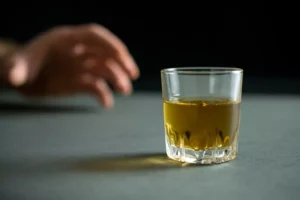
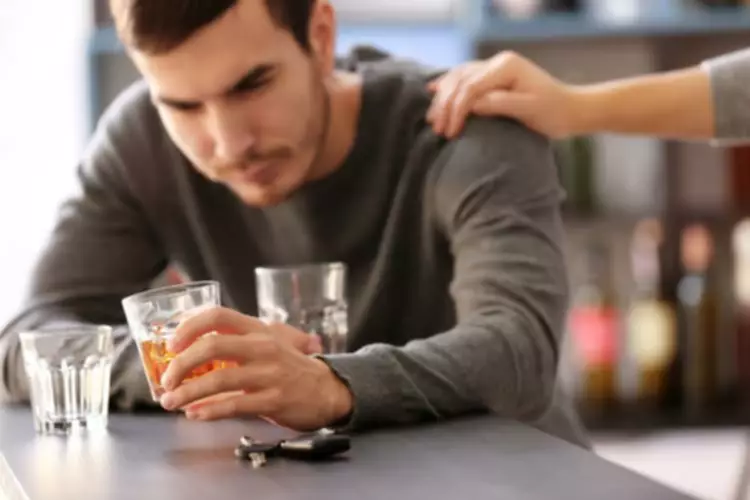
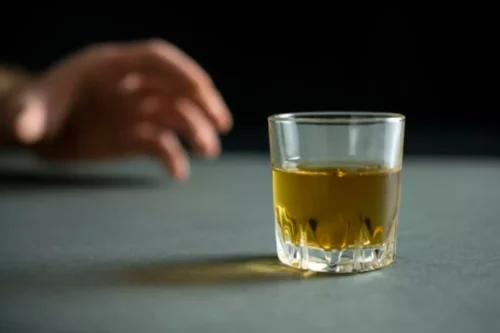
 Vanderburgh Sober Living ™ is a cooperative network of independently operated sober living homes organized by The Vanderburgh Foundation, Inc., a registered 501(c)3 Charitable Foundation.
Vanderburgh Sober Living ™ is a cooperative network of independently operated sober living homes organized by The Vanderburgh Foundation, Inc., a registered 501(c)3 Charitable Foundation.